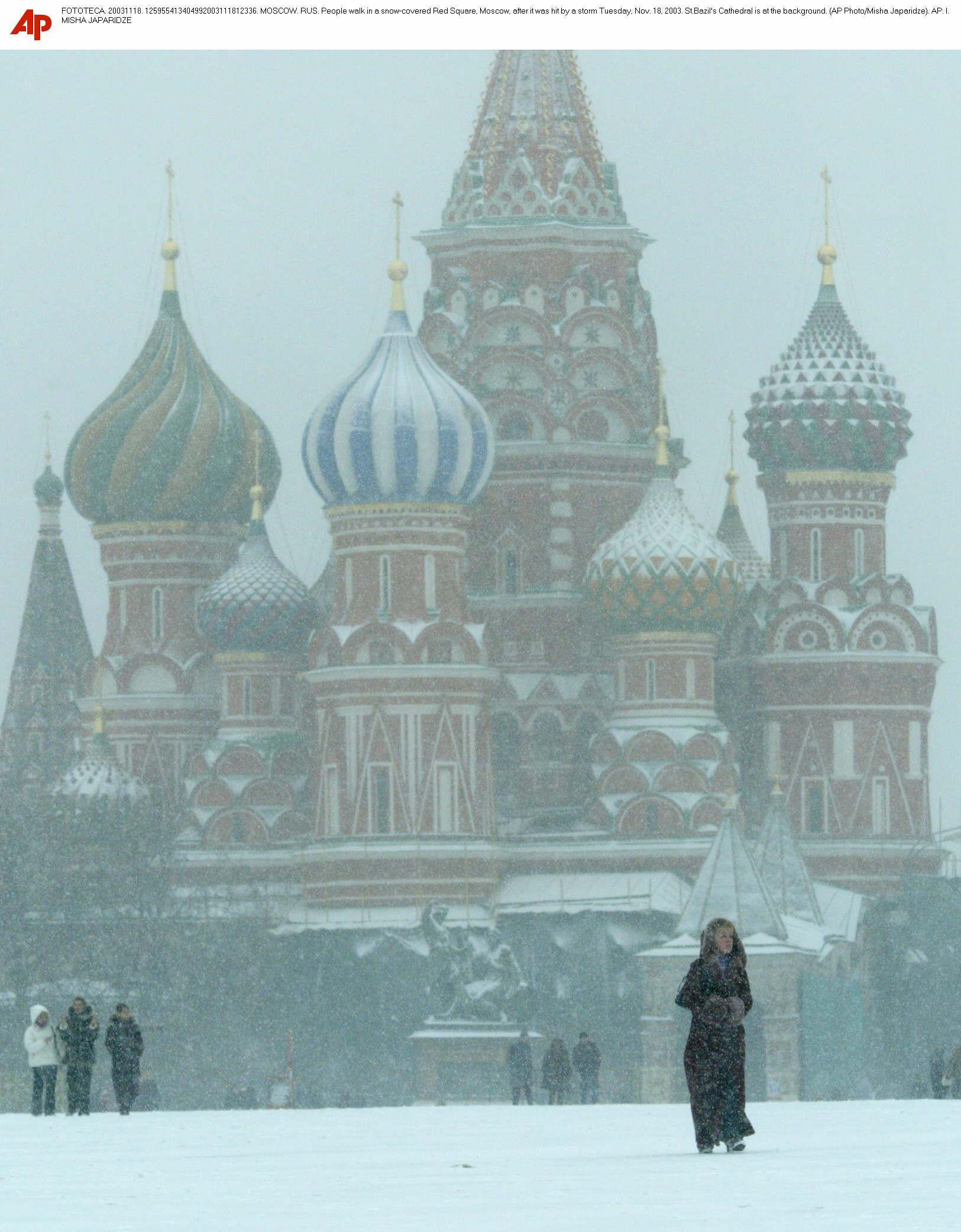Winter is melting. An analysis of the daily minimum temperatures of the Earth's winter shows that over the last decade, the world has lost an average of eight days of winter per year, defined as eight more days where temperatures were above 0°C.
According to data provided by the specialists at the NGO Climate Central, climate change is causing significantly warmer winters across the northern hemisphere with consequences for snowfall, water supply, pests, crops, and winter sports. This is all happening in a context of unprecedented heatwaves worldwide, becoming more extreme and frequent, and making 2024 the warmest year ever recorded.
"Snow, ice, and cold temperatures that used to be characteristic of the winter season are rapidly disappearing in many places, threatening ecosystems, economies, and cultural traditions. Cold days are crucial, and to prevent winters from getting even warmer, it is essential to urgently phase out fossil fuels such as coal, oil, and gas," says Kristina Dahl, Vice President of Science at Climate Central.
Between 2014 and 2023, more than a third of the world's 123 countries, and almost half of the 901 cities analyzed by the NGO, have annually lost this winter week, totaling 44 countries and 393 major cities. In the case of Spain, around 62% of the provinces experienced this situation, with some cities even higher, such as Granada with 14 fewer winter days, Pamplona 13, or Madrid 9.
In Denmark, Estonia, Latvia, and Lithuania, the reduction was up to three weeks less of winter. In some cities, temperatures were above 0°C for even a month longer than usual, such as in Fuji in Japan, Juyand in Tajikistan, Turin and Verona in Italy, Bergen in Norway, and Riga in Latvia.
These warmer winters are reducing the snow cover in mountains, the source of spring meltwater that fills reservoirs and irrigates crops, further worsening the global water crisis. Cold winters are what keep disease-carrying pests under control, posing a serious risk to human health. Changes in seasons are also exposing crops to frost during early growth stages. The loss of ice and snow is also having disastrous consequences for the global winter sports industry, valued at $12.5 billion in 2023.
